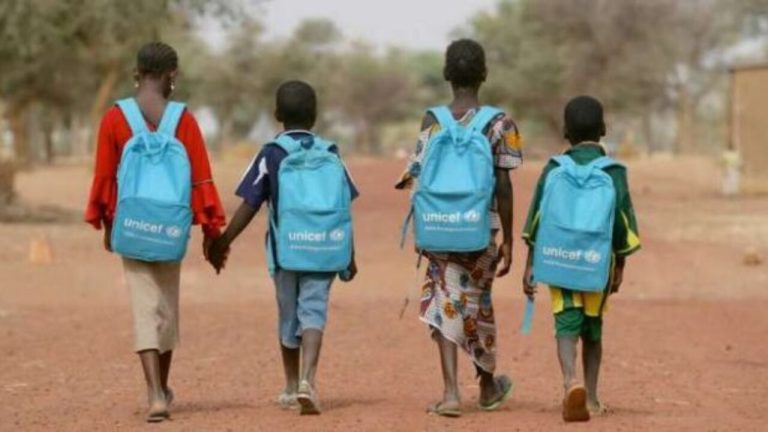The United Nations Children’s Fund (UNICEF) has said schools must be a place of hope and opportunity, where students are safe to learn and develop skills and experiences they need to thrive.
The UNICEF’s Chief of Field Office, Phuong T. Nguyen, stated this in Maiduguri on Wednesday during a symposium on school safety in commemoration of the 10th anniversary of the abducting of 276 Chibok girls by Boko Haram insurgents, organised by UNICEF and supported by Unique Care and Support Foundation (CASFOD) and University of Maiduguri (Unimaid).
She explained that UNICEF provides funding to strengthen security at school levels to ensure that schools are safe for all.
According to her, through positive parenting, children can feel safe, valued and heard when sharing their opinions and complicated emotions and they will grow up to be a happy and confident generation with fewer reservations about seeking mental health support.
Nguyen was represented by the UNICEF Education field officer in Maiduguri, Abdullahi Bulama, who mentioned that UNICEF’s education programme aims to support the government in achieving SDG 4 by 2030 through improved planning and by addressing some of the systemic barriers that hinder the implementation of an effective education strategy.
“The best way to ensure that our schools are safe and secure is to allow each and every partner to play its role, UNICEF as a UN agency is leading coordination among all the education partners, that’s why we have education sector coordinator based at UNICEF office and part of that key sector is to ensure that each and every member among the partners plays his role and try to avoid duplication in terms of program intervention, in addition to that UNICEF ensure that advocacy is carried out upward and downward.
“For upward UNICEF advocates for funding, in such a way when the funding is available, UNICEF ensure that each and every partner receives the funding and ensure that the funding is use to strengthen security at school levels, this is one of the areas that UNICEF ensure that schools are safe and in addition to that community members should be involved just as the saying education for is a responsibility for all.
“Ensuring security in our school is not just for government or UNICEF, INGOs or UN agencies, community members have to be fully informed that it is their responsibility to ensure schools are secured and also they should be provided with the skills that they need to response to an emergency whenever something happens in the schools.
She urged the government, partners, and community leaders to take decisive action to ensure that schools in the Northeast have the resources and tools to fully implement the minimum standards for Safe Schools, focusing on the most vulnerable children.
